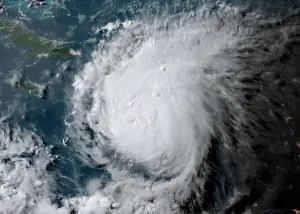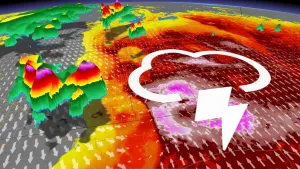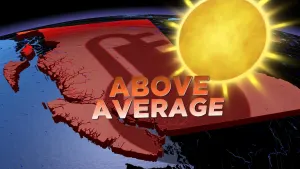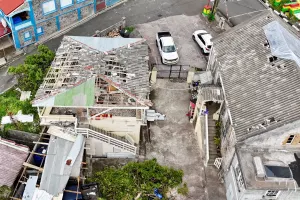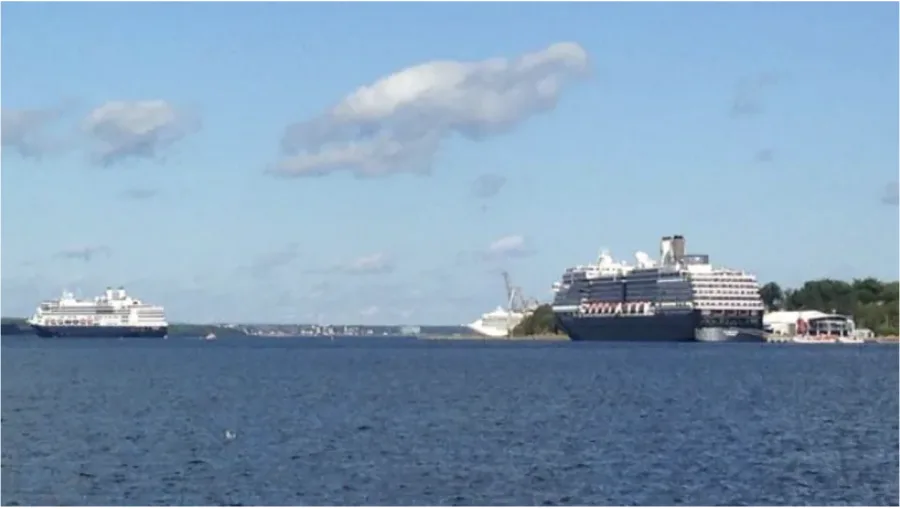
Fiona displaced, damaged hundreds of aids to navigation in Atlantic Canada
The Canadian Coast Guard says hundreds of aids to navigation must be found, fixed or replaced after post-tropical storm Fiona pummeled the Atlantic coastline.
"We had hundreds [of aids] that were blown off course … that needed to be repositioned," said Steven Hubbard, a coast guard operations supervisor.
"Between Cape Breton and Northumberland, we have approximately 30 that have been unaccounted for. We can't find them at all."
The agency is assessing coastal damage and has used a helicopter to survey for any missing equipment.
Hubbard said among the aids to navigation that were impacted are buoys, wharf lights, breakwater lights and channel markers. Without them, seafarers have been issued warnings that their boats could go off course and get damaged.
"Fiona was without a doubt, a significant storm. Whether it was a half-dozen that needed to be relocated in one port, or in the case of Louisbourg – there's quite a number that need to be actually replaced because they were completely lost."

The Canadian Coast Guard is fixing aids to navigation that were knocked off course or removed in areas such as Sydney, N.S. (Holly Conners/CBC)
Storm damage greater than anticipated
Hubbard said Fiona's destruction was far greater than the coast guard anticipated, thanks to the storm's high winds, waves and power outages.
The coast guard is planning to repair all that was lost, broken or displaced beginning with areas with the most marine traffic — whether through regular boating or fishing. Hubbard said there is no timeline for when improvements can be completed.
"We are going through and doing this as quickly as we possibly can," he said. "It's just the scope of it. It's taking some time."
One way the coast guard is finding and retrieving aids to navigation is through an automated identification system that broadcasts their location. Hubbard said that in the past, these types of aids have proven they can travel well beyond Canadian waters.
"We can have them wash up and be notified that they've been found in Ireland and Spain. We've had some in Europe and then travel down the coast of Africa and come back this way."
The coast guard is asking anyone who spots necessary repairs or missing equipment to contact them. The number to report missing, moved or damaged aids to navigation is 1-800-686-8676.
WATCH: Treasured Nova Scotia park remains closed over a month after Fiona
This article, written by Erin Pottie, was originally published for CBC News.






